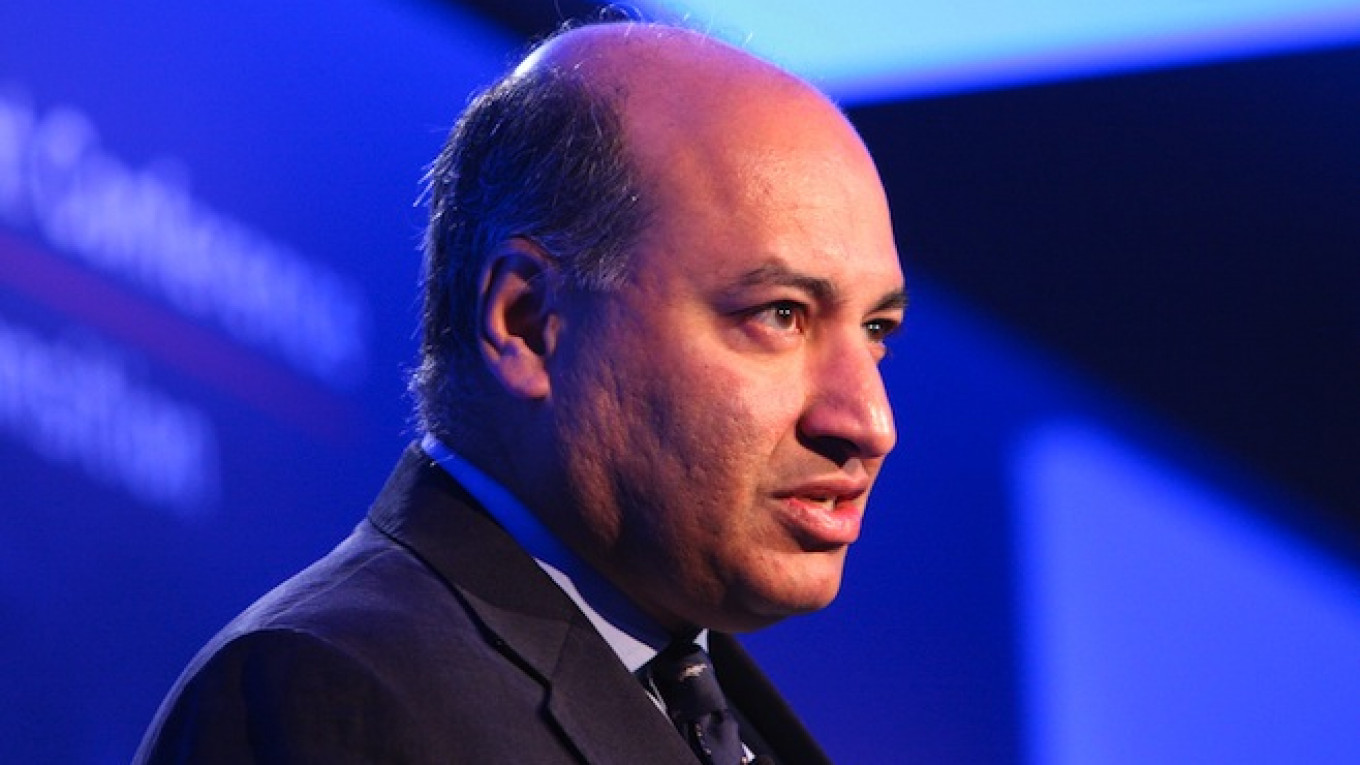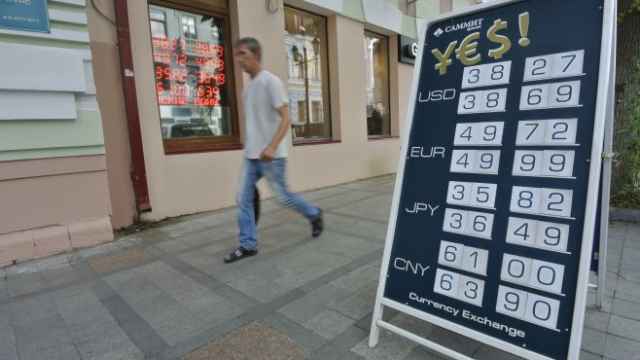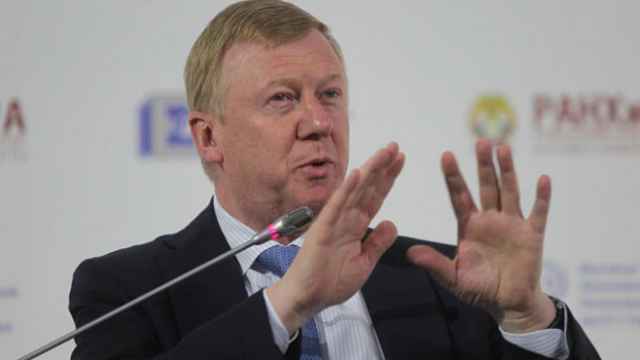The European Bank for Reconstruction and Development will "backload" its spending in Ukraine this year, its president has said, and probably would not resume lending to Russia any time soon.
Speaking Wednesday before the bank's annual meeting in Georgia next month, EBRD President Suma Chakrabarti said the conflict between Russia and Ukraine, historically two of its biggest investment destinations, remained a key challenge.
Last year, the development bank spent more than 1 billion euros ($1.1 billion) in Ukraine as the West rallied behind Kiev following Moscow's annexation of Crimea. This year, the deterioration of Ukraine's economy complicated the situation.
"The frozen conflict is a deterrent to many private investors, one can't claim otherwise," Chakrabarti told reporters.
"Can we do similar amounts [of investment] this year and going forward? We have been very clear with Ukraine and everybody, that it depends on reforms in two sectors in particular, energy and banking."
Chakrabarti said the EBRD's meeting in Georgia would still go ahead despite the collapse of the country's government on Wednesday.
On Russia, he said that any decision on further lending was unlikely before the end of the year at the earliest.
"It seems to me a lot is being built around the implementation of a Minsk accord, and as I understand it, the European Union sanctions are likely to last through to the end of the year."
"So I don't personally expect any great shift in terms of the positions of our shareholders until they have a look at that."
The EBRD has been shifting its focus from the former Soviet block in eastern Europe in recent years to North Africa and countries like Turkey. Last month, it also got the green light to invest in Greece.
Chakrabarti said the EBRD hoped to announce its first projects there in the next few months, but that it would have to wait to see whether the country stayed in or left the euro zone before making firmer plans.
"Like all the multi-laterals, we are doing analysis at the moment … the IMF, the ECB, we are all looking at this question," he said. "It depends what the terms of the exit are, what the knock-on effects are. I just don't know, it's impossible to know."
A Message from The Moscow Times:
Dear readers,
We are facing unprecedented challenges. Russia's Prosecutor General's Office has designated The Moscow Times as an "undesirable" organization, criminalizing our work and putting our staff at risk of prosecution. This follows our earlier unjust labeling as a "foreign agent."
These actions are direct attempts to silence independent journalism in Russia. The authorities claim our work "discredits the decisions of the Russian leadership." We see things differently: we strive to provide accurate, unbiased reporting on Russia.
We, the journalists of The Moscow Times, refuse to be silenced. But to continue our work, we need your help.
Your support, no matter how small, makes a world of difference. If you can, please support us monthly starting from just $2. It's quick to set up, and every contribution makes a significant impact.
By supporting The Moscow Times, you're defending open, independent journalism in the face of repression. Thank you for standing with us.
Remind me later.






